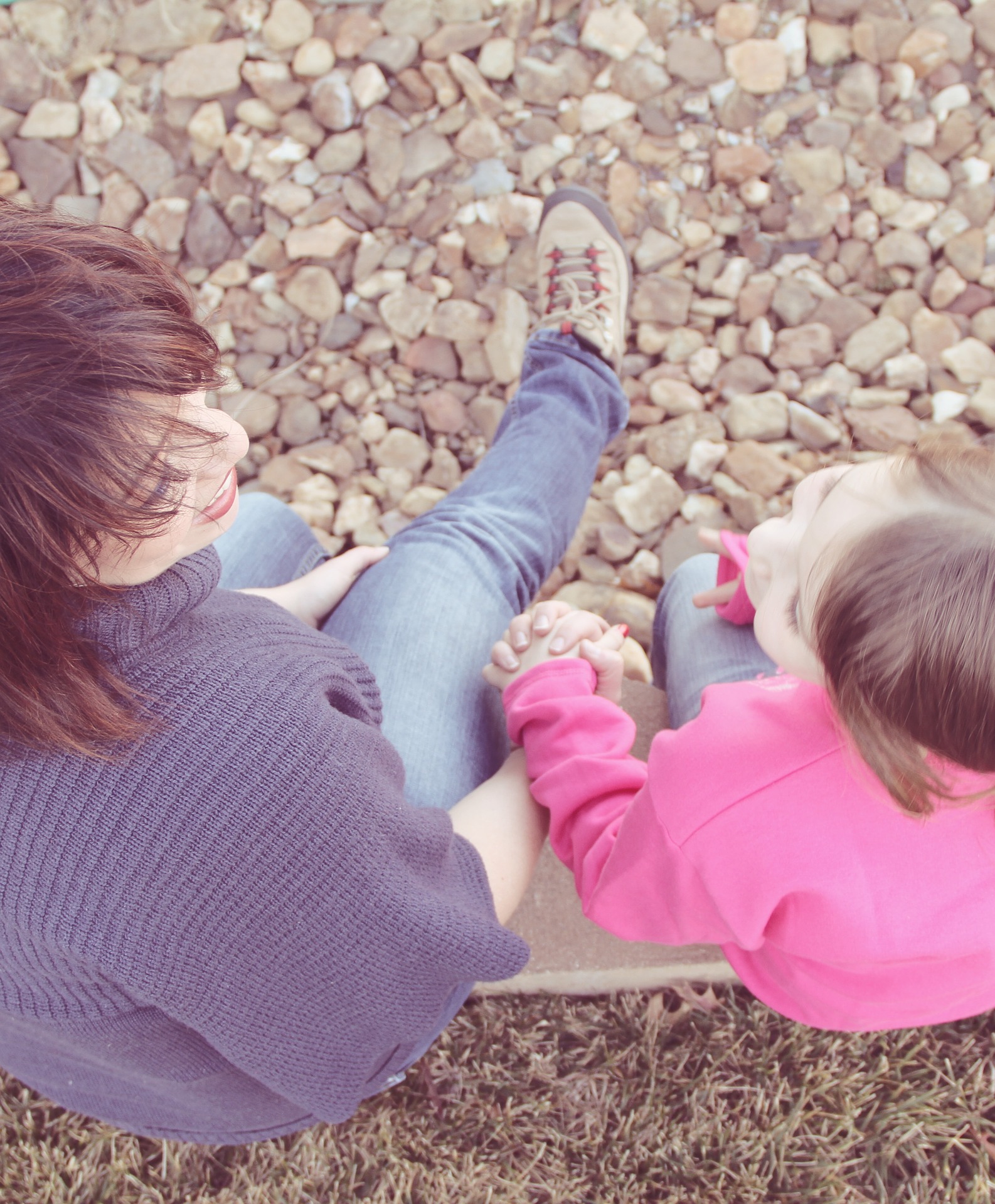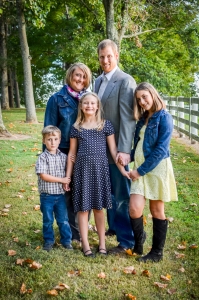In my conversations with fellow parents, I often hear them say, “I don’t know how to talk about these things with my kids.” And by these things, I mean, the big thing, the hard things. Things like what happened in Orlando. Things like drugs, sex, and alcohol. Things like peer pressure and social justice. When I’ve heard this said in the past, my tendency as a minister was to find ways to equip, resource and support parents so that they could know “how” to have the conversation.
But my own experience recently has led me to realize that when parents say that they don’t know “how” a lot of times it has less to do with knowledge and resources than it does with opportunity and means.
In other words, we want to have the conversations but..when? how? where?
How do we even go about bringing these things up?
It’s not like we can send our kids an embossed letter inviting them to join us for an awkward conversation that could potentially make both of us feel rather uncomfortable. I mean, we could, but…. surely there’s a better way right?
I realize, of course, there are times where it is completely appropriate to be intentional about setting up a specific time to talk about important things (like my girl’s weekend away when our oldest was entering middle school). But I also realize that finding space for these times can be difficult to manage. And frankly sometimes, we can’t hold off in what we need to share, especially when its tied to current events.
This past week I learned the most valuable lesson I ever could have about the “hows” of having these conversations. I learned that all I really need to have these conversations was…time with my children. And by time, I don’t mean a few moments around a dinner table. I mean long periods of uninterrupted time.
For us that looked like hours in a car, hours in the ocean, hours sitting and chatting.
Long periods of time.
 I didn’t go into these moments expecting to have intense conversations with my kids. I though I was just going to be driving the car, jumping waves, and enjoying a rest on the porch. And it’s not like the first thing that came up on our conversations were the heavy things, the serious subjects. We started by just chatting and having fun together. But somehow, as time went by, in each conversation, the topic turned to more weighty subjects. Questions were asked. Answers were given. Prayers were said. Hugs were offered. I walked away shaking my head and thinking, “Wow, I did not expect that to come up.”
I didn’t go into these moments expecting to have intense conversations with my kids. I though I was just going to be driving the car, jumping waves, and enjoying a rest on the porch. And it’s not like the first thing that came up on our conversations were the heavy things, the serious subjects. We started by just chatting and having fun together. But somehow, as time went by, in each conversation, the topic turned to more weighty subjects. Questions were asked. Answers were given. Prayers were said. Hugs were offered. I walked away shaking my head and thinking, “Wow, I did not expect that to come up.”
I’ve come away realizing that when Peter said, “But in your hearts revere Christ as Lord. Always be prepared to give an answer to everyone who asks you to give the reason for the hope that you have. But do this with gentleness and respect,” he may just have been talking about having a conversation with our kids. I’m realizing anew that parenting and discipling children is not something we can take a break from; it is every day, all the time 24/7 and it is something we must always be aware of and engaged in.
So, what can we as parents do?
- We can be prepared – Even if we aren’t scheduling a specific conversation, pretend that we are and stay informed, resourced and in the loop about what is going on in the news and in our child’s culture. Read the books. Browse the articles. Be proactive so you don’t have to be reactive.
- We can be ready – There is nothing worse than being taken off guard. It throws off our balance and our sense of stability. But if we are expectant, if we are anticipating the questions and inquiries, we can feel more grounded when the opportunity arises and embrace the conversations.
- We can be gentle – When your child asks you about things like drugs and sex, the natural response is to go full-on “mother bear” or “warrior daddy” and protect, defend, denounce and decry! But before we go all parenting-samurai on them, it’s good to remember a gentle and respectful approach will likely be heard more clearly.
I’m currently reading Relentless Parenting by Brian and Angela Haynes (add this to your list to read soon) and this section really stood out to me
We are learning that hugs before words make our words able to be heard. Most of the time our teenagers ( or our kids) need to know that we hear them and love them. When they know that, they will hear the wisdom we have to share…Offer compassion laced with patience and follow through with words of wisdom.
This is the kind of environment we should strive to create in our home so when the time comes and the questions follow, we are prepared, we are ready and we are gentle. Make space this summer for some of that uninterrupted, distraction-free time with your children and enjoy the conversation.
Want to get started on the preparation end of things? Here are some books I recommend and some fun ideas for practical discipleship in your home!
For more information about
- Kids in Worship
- Determining which Type of Family Ministry model works best for your church
- Discipleship in Intergenerational community
- Encouraging the continued conversation through Practical Discipleship at Home
- Seminars, Workshops, Coaching
Check out to ReFocus Ministry or “like” our Facebook page. Join our conversation at theReFocus Family and Intergen Ministry group on Facebook.
About the author
 Christina Embree is wife to Pastor Luke, mom to three wonderful kids, and family minister at Nicholasville UMC. She is passionate about seeing churches partnering with families to encourage faith formation at home and equipping parents to disciple their kids in the faith. Currently studying Family, Youth and Children’s Ministry at Wesley Seminary, she also blogs at www.refocusministry.org and is a contributing blogger at D6 Family, Seedbed, and ChildrensMinistryBlog.com
Christina Embree is wife to Pastor Luke, mom to three wonderful kids, and family minister at Nicholasville UMC. She is passionate about seeing churches partnering with families to encourage faith formation at home and equipping parents to disciple their kids in the faith. Currently studying Family, Youth and Children’s Ministry at Wesley Seminary, she also blogs at www.refocusministry.org and is a contributing blogger at D6 Family, Seedbed, and ChildrensMinistryBlog.com


